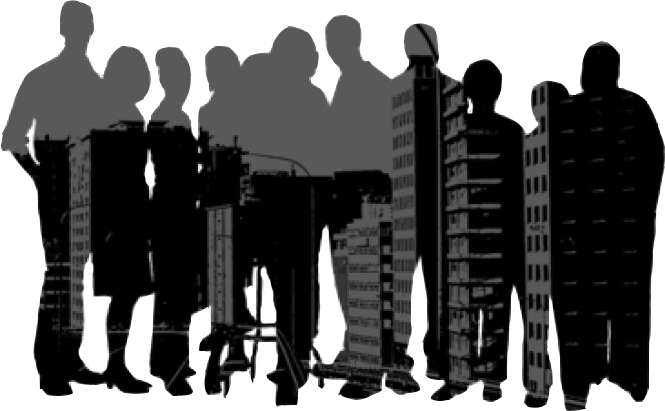As agents of change, urban fellows require different types of support from a variety of sources, especially at critical junctures in their placements.
Supporting the Work of Urban Fellows
Nancy Montoya, Principal, TTA, Consulting (Mentor, CUREx Fellowship, New Orleans)
Rachel Perschetz, Detroit Revitalization Fellow (First Cohort, 2011-2013)
Ciara Ginyard, Detroit Revitalization Fellow (Second Cohort, 2013-2015)
CUREx mentor Nancy Montoya spoke with recent Detroit Revitalization Fellows Rachel Perschetz and Ciara Gunyard about the types of support needed for fellowship programs to succeed.
The subject of professional and leadership development opportunities was a focal point of the discussion. Most fellowship programs offer a range of these kinds of support, as well as activities for helping facilitate cohort development and fostering peer-to-peer learning. Fellows also form their own strategies for building solid relationships with other fellows, their host organizations, other professionals and the community at large. Symposium participants explored these and other dimensions of how fellows develop their own networks and how fellowship programs can also provide support and learning networks throughout the placement and beyond
The panel and symposium participants explored these and other dimensions of how fellows develop their own support networks and how fellowship programs can also provide support and learning networks throughout the placement and beyond. Key findings:
Fellowship programs have many ways for developing talent and leadership from hosting monthly speaker series with national and local leaders to more formal workshops, academic credits, and professional academy. SC2 fellowship convened a quarterly management academy and tour in each of the 7 cities and a city development and issues tour hosted by the fellows in that city. The DRF hosts regular fellows meetings with local leaders on cutting edge topics relevant to Detroit. Capital City fellows engage in regular meetings to share lessoned learned across multiple city department.
Each fellowship class needs to be supported through development during and after their fellowship, as each cohort can create its own network of technical and professional expertise and can later become outstanding spokespeople for urban fellowship programs.
Fellowship programs must design and deliver a range of professional and personal development programming, such as leadership, mentorship, and coaching, each with a different processes, techniques, and goals. The content and format of these programs will vary depending on the where the fellows are in their fellowship—beginning, middle, and end. Plus, overall program goals and definitions of success will also influence the type and level of professional development programming.
- It is important to fully develop each fellowship class during and after their fellowship as each cohort can create its own network of technical and professional expertise and can later become outstanding spokespeople for urban fellowship programs. Former CUREx and SC2 Fellows continue to stay in touch with different fellows from their cohort as part of their professional and personal networks. Most of these former fellows remain working on urban policy and program issues whether in their original host city or in another.
- Two of the more popular ideas that arose in this session and throughout the Symposium: 1) Establishing informal and formal ways for alumni to stay connected with each other and with the program; and 2) Having a national symposium/gathering on urban fellowships every year or two to share experiences and lessons learned across programs.
Nancy Montoya also shared her experiences as the mentor for CUREx fellows in New Orleans—what worked, what did not work so well, and what she would do differently.
- What worked well? Facilitating meetings with national leaders in the field of community and economic development gave the fellows’ special access and special knowledge; fostering fun, informal fellow gatherings; introducing them to them to the culture of New Orleans along with key local leaders; individual mentoring sessions to strategize on specific issues and challenging situations as they arose during the fellowship.
- What did not work so well? Some organizations did not take their fellowship mentoring seriously; some local leaders and staff felt threated by Fellow’s drive and innovation—thus, some fellows felt like outsiders as others perceived they were only here for a short time; difficult to find placements for graduating fellows that fit their professional and salary needs.
- What to do differently next time? Better prepare local hosts/managers for working with a younger generation of fellows who may approach work differently; spend more time working with local hosts/managers on nurturing and retaining talent; leverage social networking to enhance fellows’ knowledge and relationships but also to help build and sustain the fellowship program; attract supplemental financial resources to develop coalitions around fellow’s future policy work.
